Quand le Sud vend sa terre
- Alternatives Economiques
- 05 June 2009
Des Etats multiplient les achats de terres agricoles au Sud. Avec des conséquences parfois dramatiques pour les populations locales.
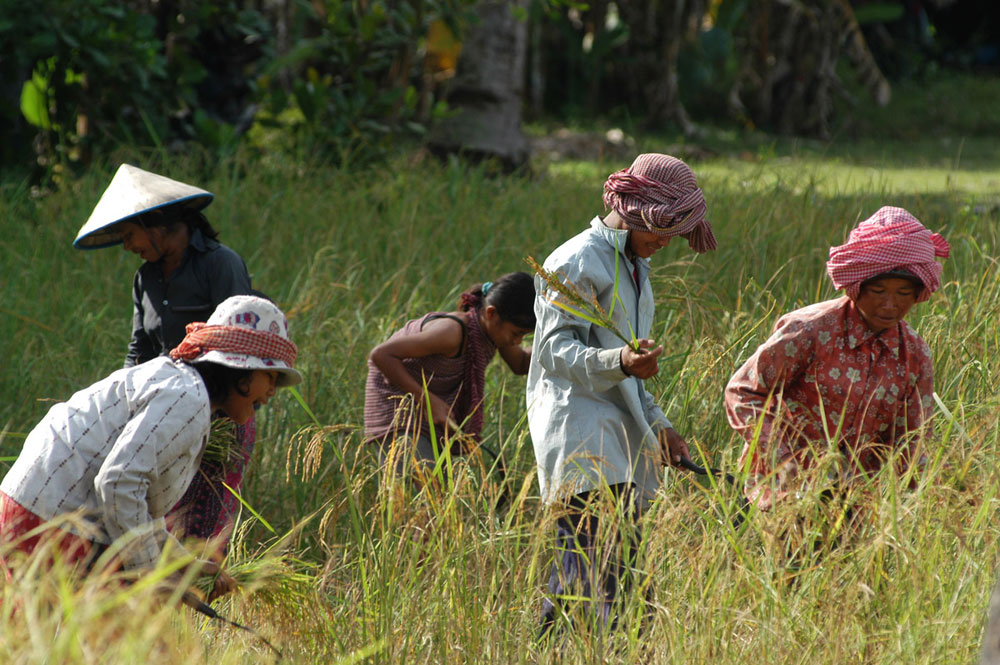
Des Etats multiplient les achats de terres agricoles au Sud. Avec des conséquences parfois dramatiques pour les populations locales.

"Finance Minister Yousef Hussein Kamal said he had personally been traveling to Vietnam, Cambodia, Yemen, Sudan, Tajikistan, and elsewhere to look into investing in agricultural production for the Qatari market," reports the US Embassy in Doha about a visit from US Treasury Secretary Henry Paulson

"In the conditions of the current food crisis, development of 20 million hectares of Russian agricultural land, unused since 1991, could be re-launched," says Russia's president
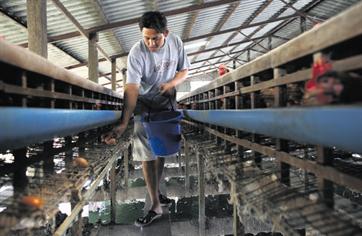
The UAE Government is holding talks with Thailand about plans to develop huge livestock farms in the Southeast Asian country.

The European Union is concerned by the trend of foreign investors and countries acquiring large tracts of farmland in developing countries to guarantee their own food security, a senior EU official said on Wednesday.
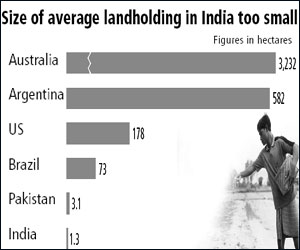
Capitalists of the world are cornering land in emerging markets. India need not wait until international agencies start lecturing us on the need for “reforms” (and FDI) in agriculture.

"Investors can invest as little as £12,000, or $16,000, in this project that will help to feed a growing world."
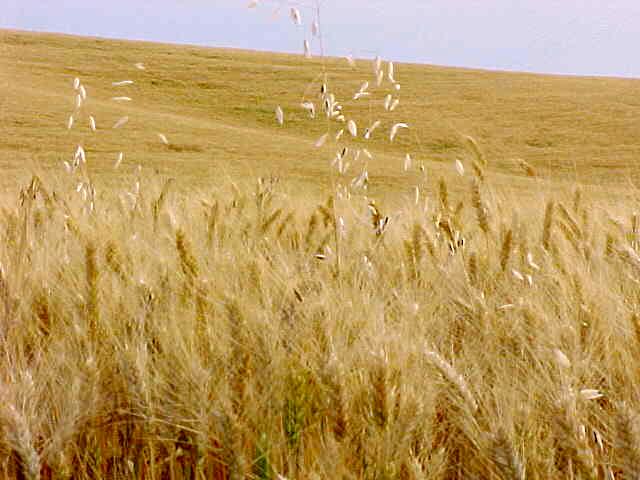
Gulf investors and sovereign wealth funds are pouring more cash into regional projects in renewable energy, farmland and infrastructure as focus turns to home, a PricewaterhouseCoopers partner said yesterday.

High on Chongqing's shopping list is more than 333,000 hectares of farmland, which Huang said would reduce the city's dependence, for example, on imported edible oil.
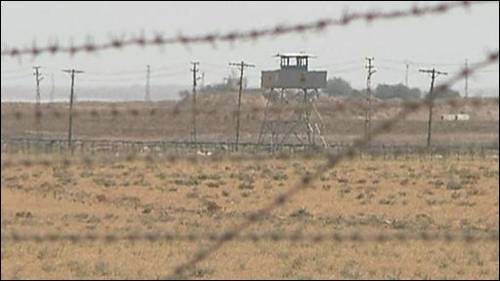
Hostility to foreign investment in a sensitive border area has forced the Turkish government to shelve plans to turn a minefield along its frontier with Syria into organic farmland.

Iraq is offering Gulf investors farmland on long term lease contracts as part of a plan to restore its agriculture sector, an official said on Monday.
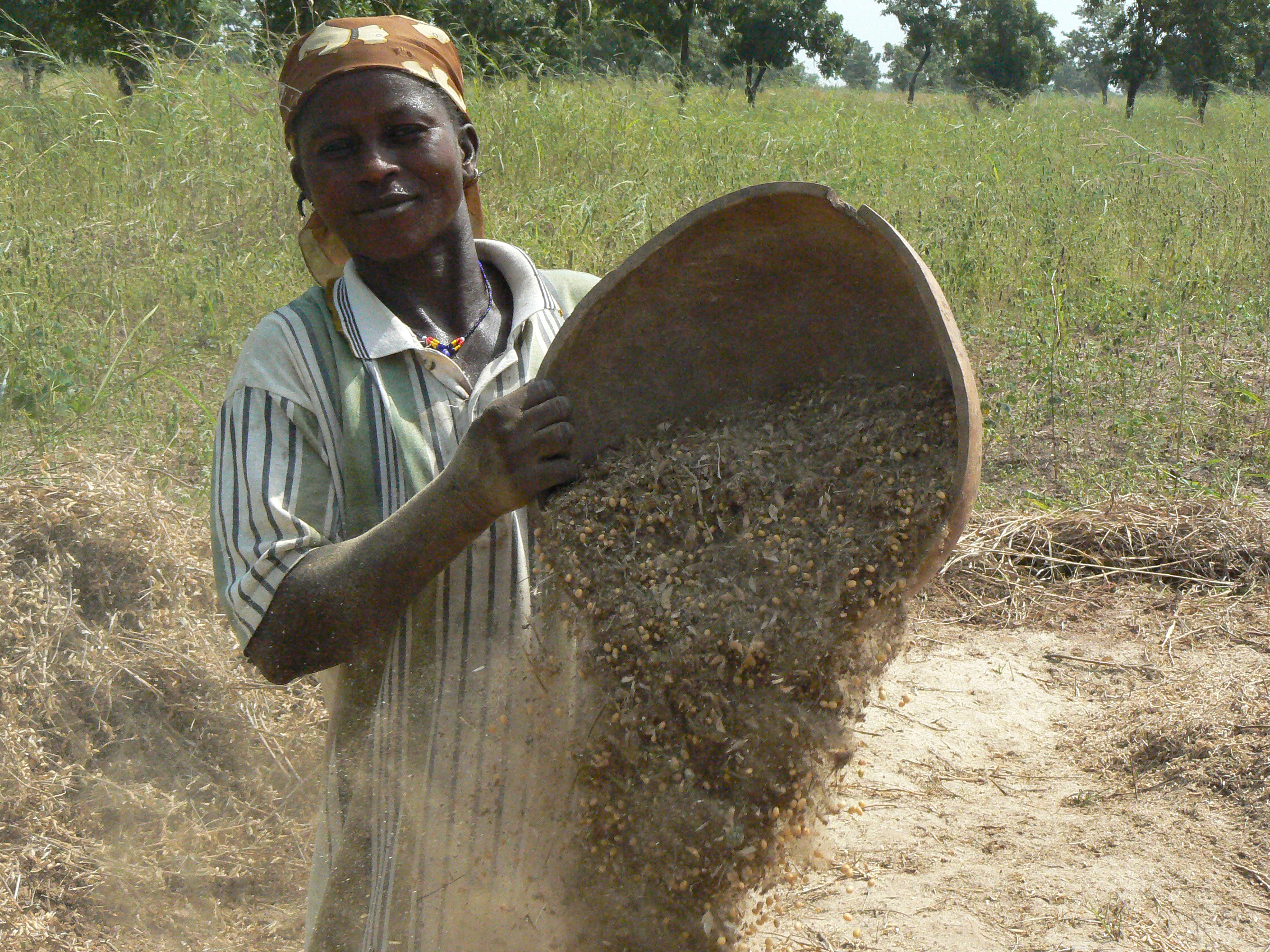
A flurry of announced international purchases of grain-producing acreage sparks debate about their merits